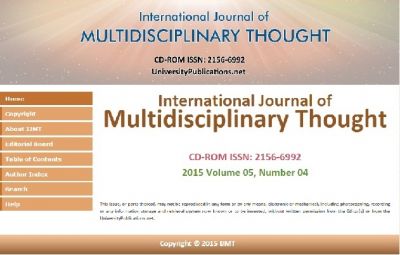

The United Nations is the largest and the most powerful international institution resulted from the rise and the development of international relations in the mid 20th century, continuously expanding not only its scope of the activities and responsibilities but its power and authority as well. However, the study of the process of drafting the UN Charter and its activity and structure shows that the organization needs critical content and structural reforms to achieve its objectives and goals enshrined in the Charter and even its founders, the same victorious powers in the Second World War, have indulged concessions that prevent Charter from its goals and ideals. This article tries to use a combining approach of legal and political, to explore not only the goals and ideals mentioned in the Charter, but also the motives behind the drafting of the Charter UN and the interests of the founding members of the UN during its formation and reforms hereafter to achieve the goals of the participants hoping to analyze some critical reforms needed for achieving the goals of the organization.
